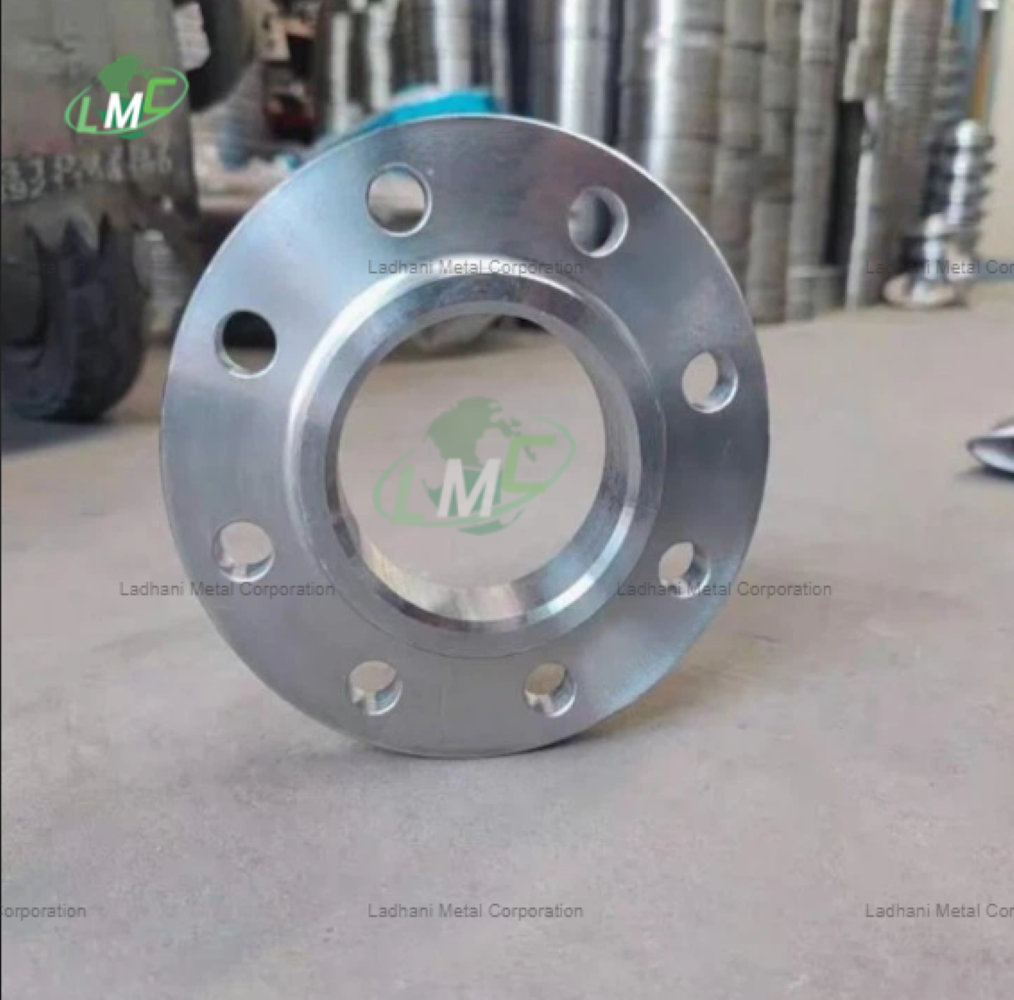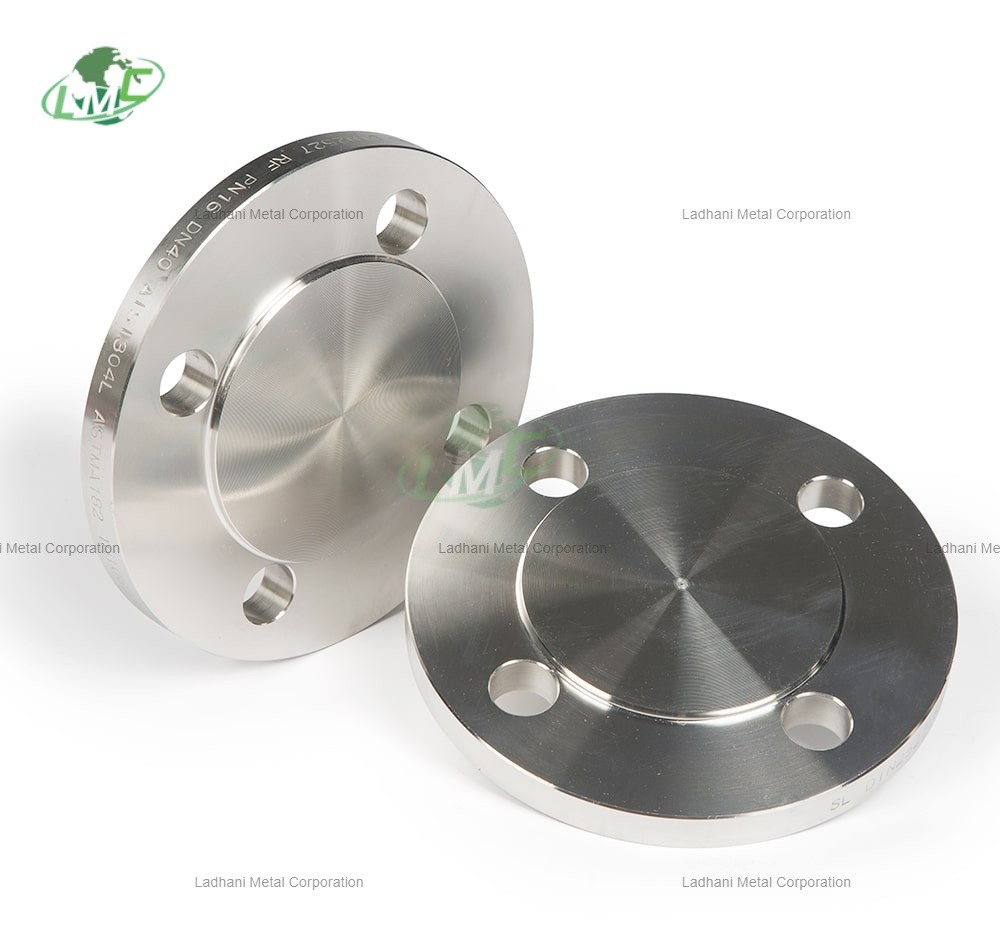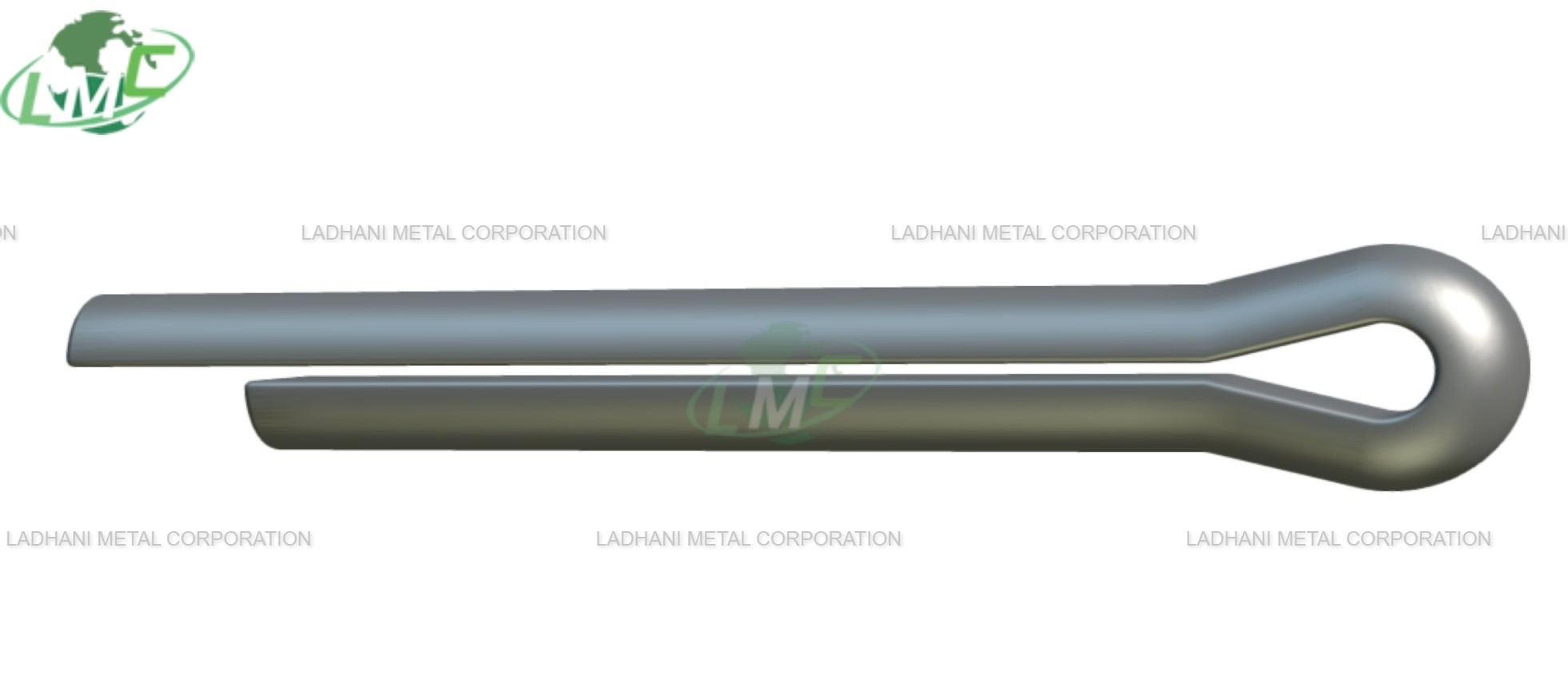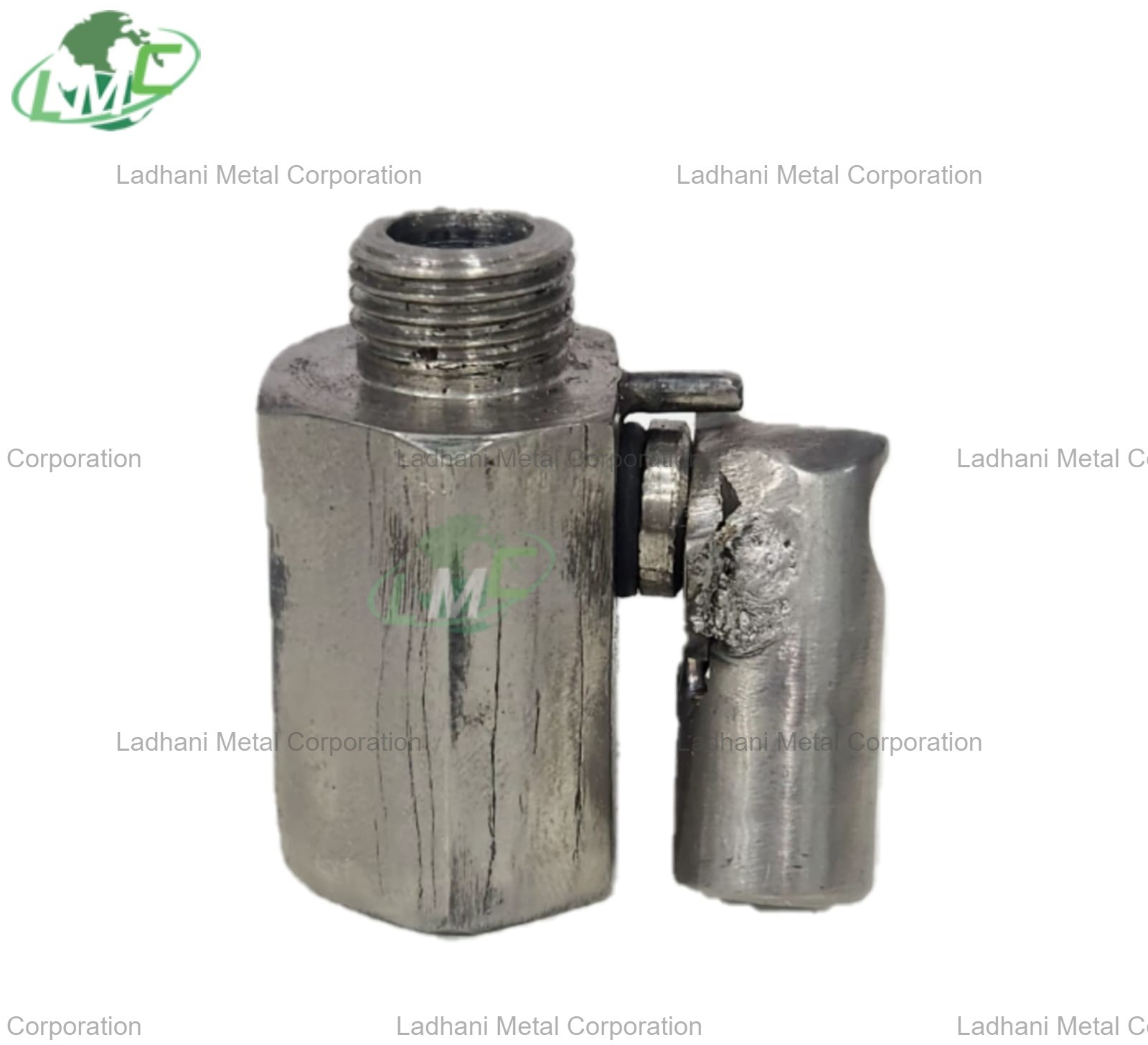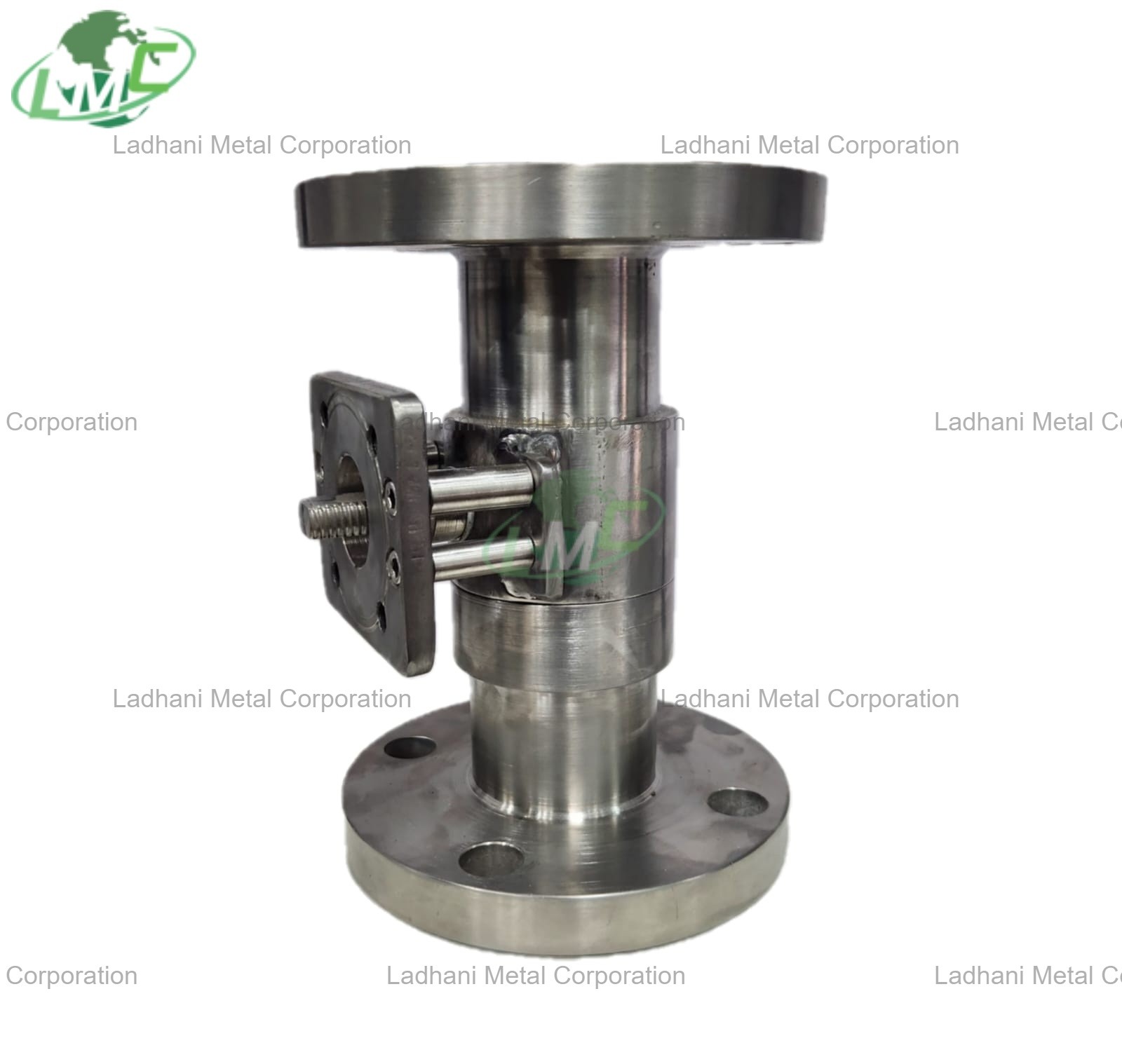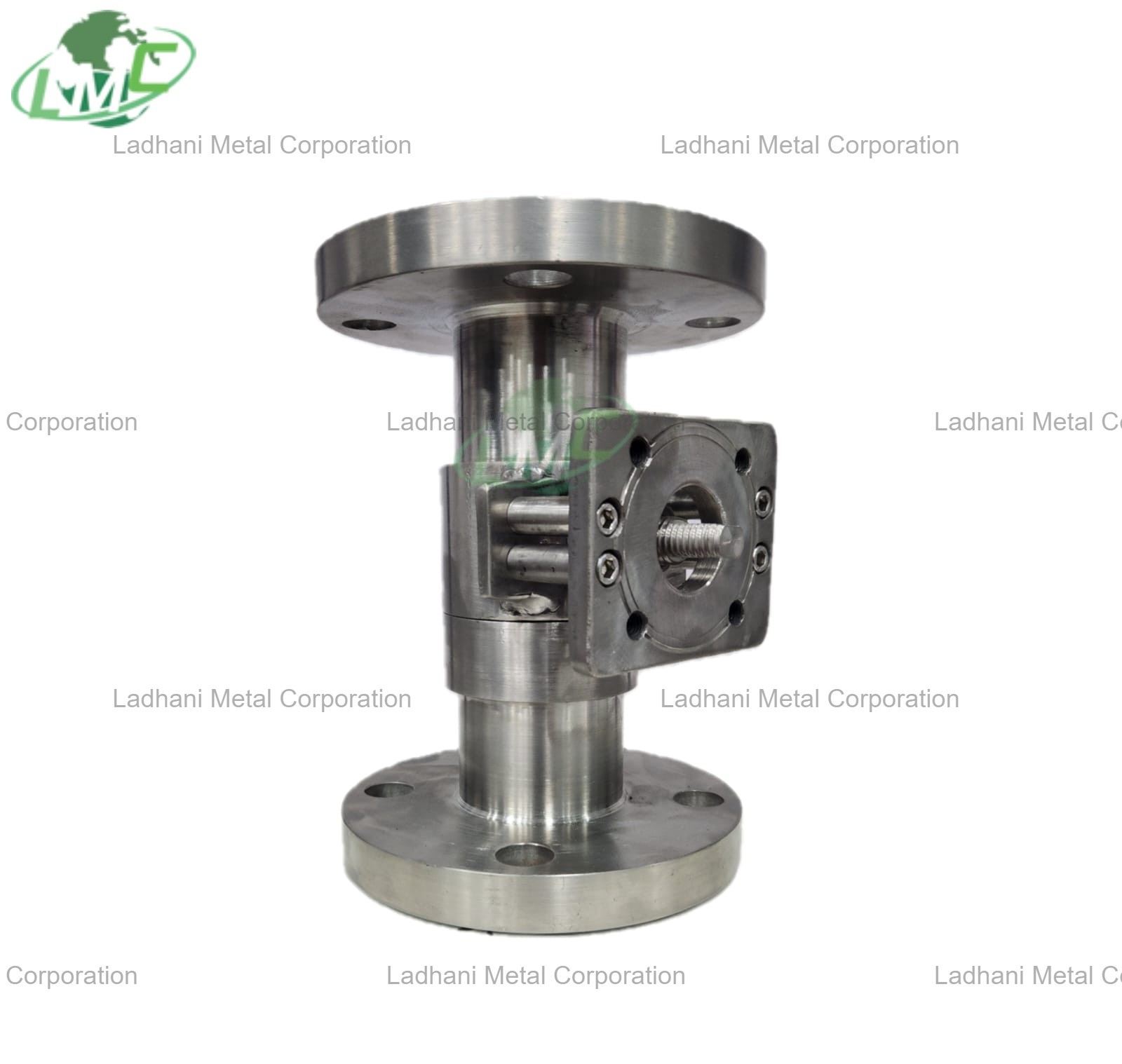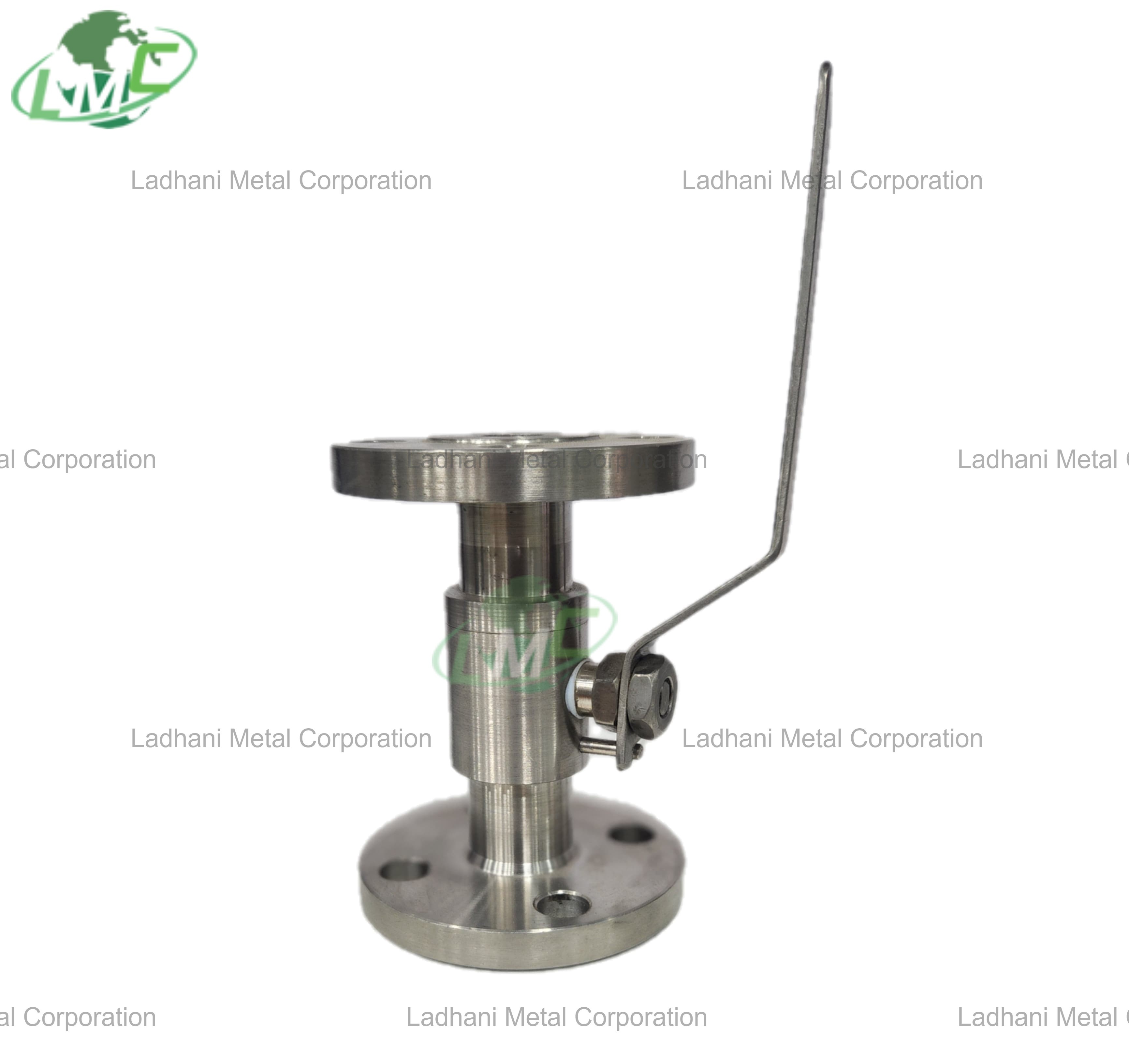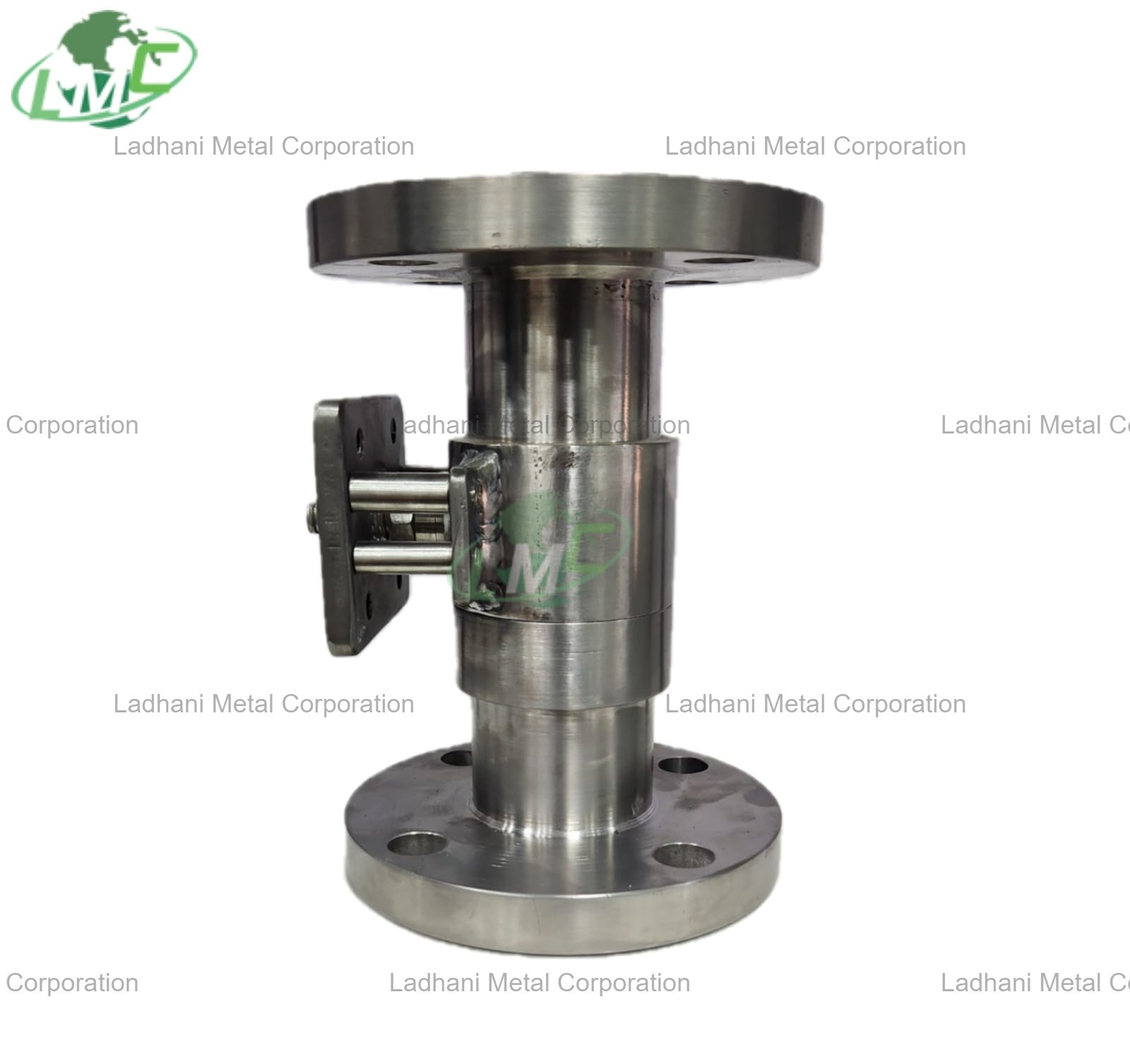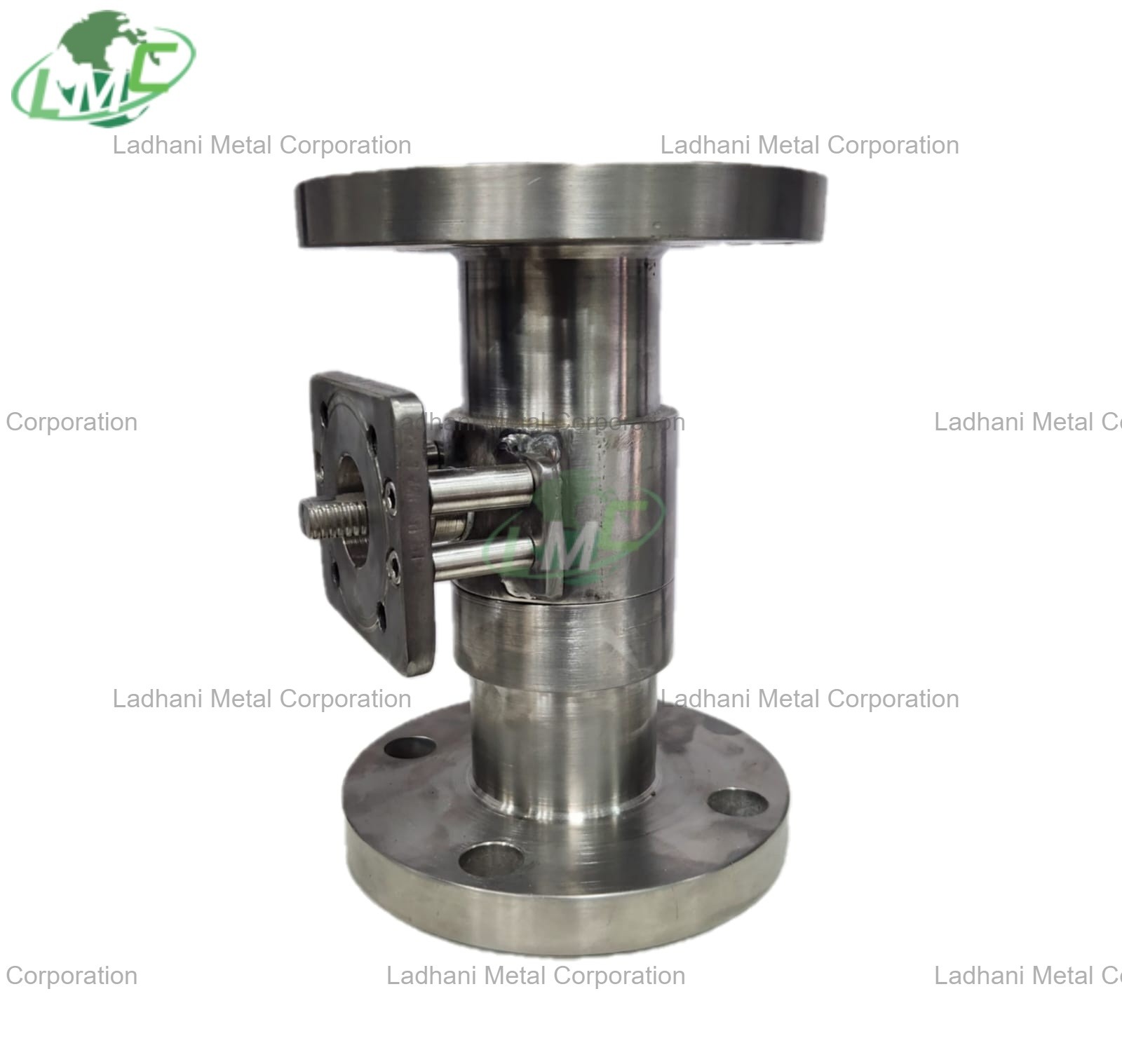DIN 2544 is a German standard for flanges used in piping systems, detailing dimensions, design, and testing methods. Titanium flanges conforming to this standard are designed for use in high-performance environments that demand excellent strength, corrosion resistance, and low weight. Titanium is known for its excellent corrosion resistance, particularly in environments like seawater, chemical processing, and heat exchangers. DIN 2544 titanium flanges are specifically built to withstand aggressive conditions, including high temperatures and corrosive environments, while offering a lightweight alternative to other materials like stainless steel. Key Features of DIN 2544 Titanium Flanges: Material: Titanium flanges are made from titanium alloys, which are highly resistant to corrosion, oxidation, and erosion. Titanium is also known for its strength-to-weight ratio, being strong yet much lighter than many other metals, including stainless steel. Corrosion Resistance: Titanium flanges are ideal for systems exposed to harsh environments, such as saltwater, acids, and chlorides. They are widely used in marine, chemical, and offshore oil and gas applications. Temperature Resistance: Titanium flanges can operate in high-temperature environments, often up to 600°C (1,112°F) without degrading, depending on the specific titanium alloy used. Pressure Rating (PN 25): These flanges are typically rated for PN 25, meaning they can withstand pressures of up to 25 bar (approximately 362 psi) in a variety of applications. Types of DIN 2544 Titanium Flanges: Weld Neck Flanges: These flanges have a long neck that is welded to the pipe. They are ideal for high-pressure systems and applications requiring a strong, reliable connection. Slip-On Flanges: These flanges slide over the pipe and are then welded in place. They are generally used in systems where welding is easier, and the pressures are lower than those of weld neck flanges. Blind Flanges: Used to seal the ends of piping systems, these flanges have no hole in the center. They are often used for isolation and maintenance purposes. Threaded Flanges: These flanges have internal threads that match threaded pipes. They are convenient when welding is not practical or possible. Socket Weld Flanges: These flanges feature a socket where the pipe is inserted and welded into place. These are often used in smaller-diameter piping systems. Titanium Grades for Flanges: Grade 2 Titanium (Commercially Pure Titanium): Properties: Most commonly used grade, offering excellent corrosion resistance and formability. It has moderate strength and is used in a variety of industries like aerospace, chemical processing, and marine applications. Advantages: Excellent corrosion resistance in both seawater and chemical environments. Grade 5 Titanium (Ti-6Al-4V): Properties: An alloy with 6% aluminum and 4% vanadium, offering higher strength than grade 2 titanium, while still maintaining good corrosion resistance. Common in high-stress, high-temperature environments. Advantages: Used in aerospace, medical devices, and high-performance applications due to its superior strength and durability. Pressure Rating (PN 25): PN 25 indicates that the titanium flanges are rated to handle pressures of up to 25 bar (approximately 362 psi). This pressure class is suitable for medium to high-pressure applications, ensuring the flange can endure significant stress in various piping systems. #din2544 #din2544flanges #din2544titaniumflanges
Send Message
